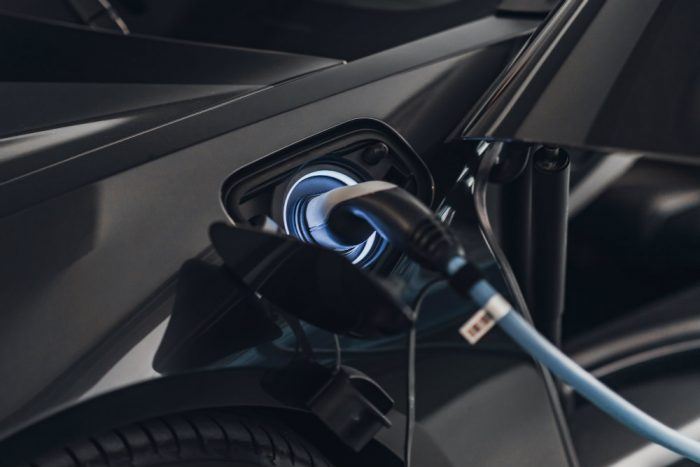- “If you build it they will come” may apply to baseball fields but autonomous cars are a different story.
- The timeline for autonomous vehicles is right around the corner, but are we moving too fast?
- Perhaps autonomy is not the answer we seek? Maybe we are doing more harm than good?
Rejecting Autonomous Cars
Some car makers are claiming they will have autonomous cars on the road by 2020. Perhaps for controlled testing, but otherwise no they won’t, for various reasons. For example, if you were in a position to get all drivers in the UK into a room – admittedly a very big room – and ask them for a round of applause for the coming of the autonomous car you would be met, Dear Reader, with the sound of resounding silence.
Sure, you might hear a ‘Whoop!’ from the cheap seats but that will just be the inevitable techno-nerd in the room.
With all the other things we have to worry about: Brexit, inept and cowardly politicians, plastic pollution, and gender issues to name but four, most Brits could not give a hoot nor a holler neither for the autonomous car.
Hybrids To The Rescue?
Over the last few years our government has been offering a special grant to car buyers, often of several thousand of our British Pounds, to encourage drivers to buy into PHEV hybrid technology, seen as the forerunner to full autonomy.
Well, we took full advantage of that, especially business users, who saved a lot of money. But a recent survey finds most of the charging cables are still wrapped up in the trunk and have never been used. Many of these cars are not being charged at all; thus vehicles that could achieve well over 100 miles per gallon if correctly deployed are in fact only averaging 39.27 mpg, according to the The Miles Consultancy.
The British Vehicle Rental and Leasing Association (BVRLA), which represents many fleets, explains, “higher taxes on diesel cars incentivized companies to buy plug-ins, even if they had no intention of using their electric capability.” This is how consciously we think about the environment and how, as a consequence, autonomous cars will likely be perceived. Too expensive to be viable for the average wage earner as anyone who has flicked through a Tesla catalogue will tell you.
Related: Everything you need to know before purchasing an electric vehicle.
Infrastructure Woes
Ours is an old country. Many of its roads and byways were first established during the Roman occupation of Britain. Narrow country lanes mix with ‘B’ roads, ‘A’ Roads, and motorways to criss-cross the land. It is a very convoluted, very broken, and pothole strewn system, currently well beyond the ability of the National purse to fund repairs. Never mind the cost of deploying all the roadside technology that will ultimately be needed.
It simply cannot be done.
Certainly we do currently enjoy partial autonomy in existing cars, particularly in their ability to react to certain dangers, but there is some considerable variance between different manufacturer’s driver assistance technology. There is no conformity to a set of standards. Very many cars today enjoy adaptive cruise control, for example, where you can set how close you get to the car in front but some systems are more conservative than others. Drivers still have to remain fully alert.
Unleashing these self-driving vehicles onto our roads too soon is a recipe for disaster.
Click To Tweet
Too Much Too Soon?
The fact is that even the latest autopilots and AI are nowhere near ready for 2020 and mixing it with regular traffic?
It’s all talk.
I have been reading a lot on this subject written by freelance, non-aligned colleagues far more qualified than me to speak intelligently on matters of critical safety software. Always allowing for my ability to stay awake when people discuss autonomous cars, of course. The consensus is, they can’t do it except in controlled tests. Unleashing these self-driving vehicles onto our roads too soon is a recipe for disaster. In MY opinion.
Related: A recent AAA study finds most consumers are afraid of autonomous cars.
The Court of Public Opinion
Ultimately the public will decide. Within their limitations, electric cars are starting to gain popularity. This writer likes them for their instant responsiveness and finds them enjoyable to drive and that’s the point: I am still the driver at the wheel.
With all our many and various failings as drivers we still want to be in control of our own destinies. This is what car manufacturers can’t quite grasp. Clearly, their first objective is to make money and that requires some considerable long-term financial investments, but it is my belief they are throwing money away by trying to promote an autonomous future for the simple reason that most of us don’t want it.
When The Machine Stops
It goes without saying though that at some point in the distant future, in an increasingly authoritarian world, our descendants, like it or not, will be riding around in autonomous shuttles at a fixed speed because the state says so. For now though, I commend to you a short story, written presciently in 1909 by E.M. Forster called The Machine Stops, then wonder how far down this road we really want to go.
My question to manufacturers: You might be able to make it, but first you should ask if people want it.
Geoff Maxted is a motoring writer, photographer, and author of our Letter From The UK series. Follow his work on Twitter: @DriveWrite
from Automoblog.net https://ift.tt/2PubTkk



No comments:
Post a Comment